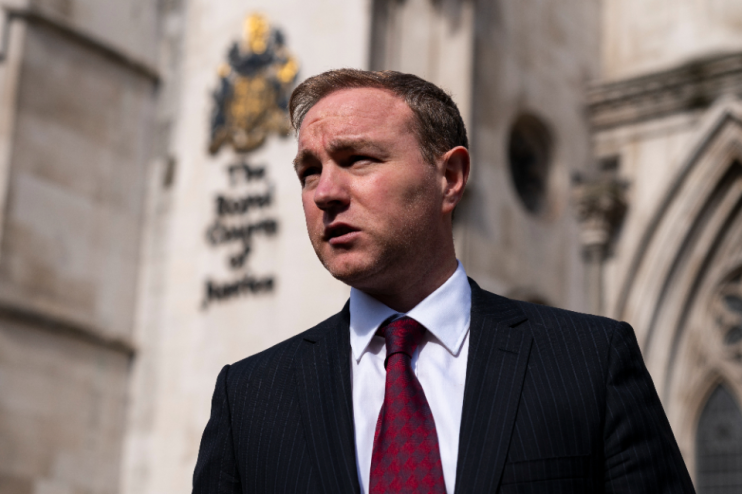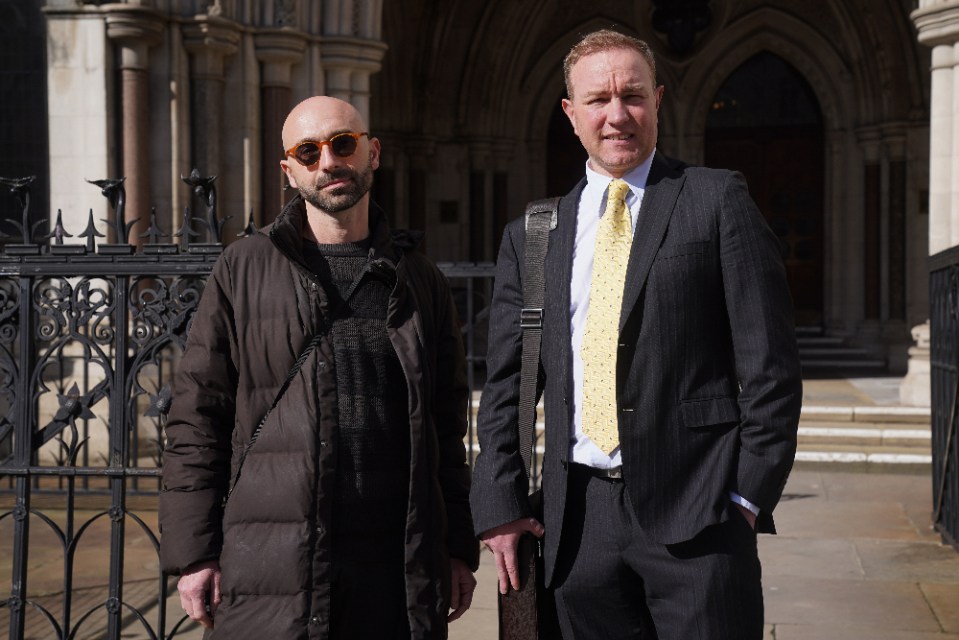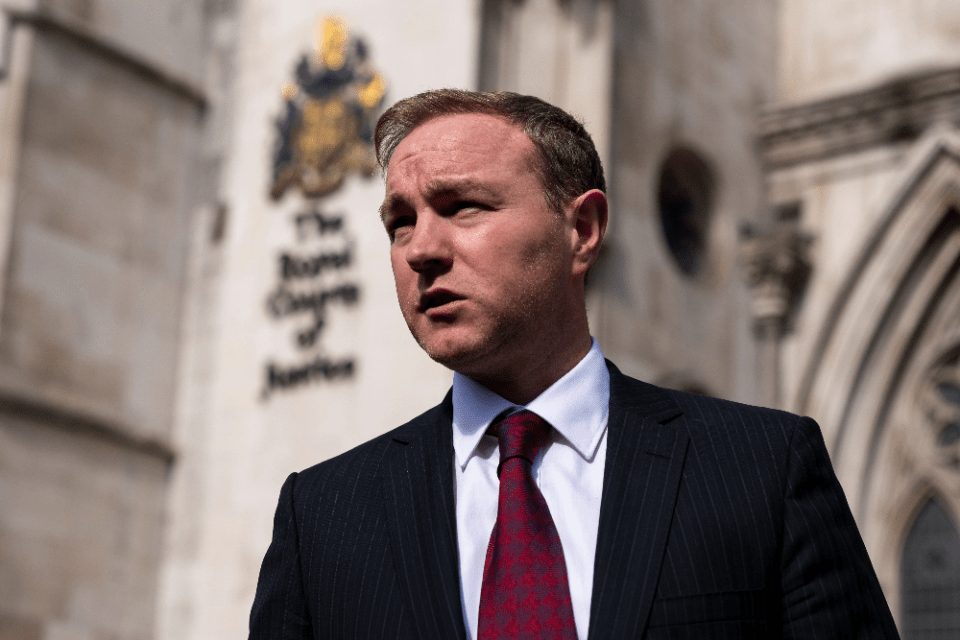
Three senior politicians have called for two ex-bankers jailed for rigging interest rates to have their appeal heard by the Supreme Court.
The Court of Appeal last week upheld the convictions of Tom Hayes, formerly of UBS and Citigroup, and Carlo Palombo, formerly of Barclays, after they spent years in prison for rigging the Libor and Euribor rate benchmarks respectively.
However, Conservative MP and former Brexit secretary David Davis alongside Labour MP and former shadow Chancellor John McDonnell said they believed the ruling was unfair, the BBC reported.
Hayes and Palombo were among 37 City traders prosecuted for rigging the two benchmarks, which track what banks pay to borrow cash from each other.
They have said they will apply to the Court of Appeal to take their cases to the Supreme Court.
The pair’s lawyers argued they were only picking from a range of accurate interest rates on offer on the market and cited a US court’s decision to throw out the case.

The US court held that “a bank’s submission of a Libor rate did not implicitly represent that there had been no consideration of the panel bank’s existing trades”. The US ruling made the UK the only country where what the pair did remains criminalised.
Former Lord Chancellor Lord Mackay of Clashfern also told the BBC that he was “deeply concerned” about the basis of the pair’s convictions.
He said: “After taking a close interest in their cases, it didn’t look like they were doing anything dishonest. They were doing their best as far as they understood.
“Although there’s differences in the law between the United States and ourselves in relation to contracts, the reason for overturning convictions before the US court was a very essential part of the substance of this particular matter. And I think it’s worth our Supreme Court being invited to consider it.”
Davis said: “The judges have let a technical concern about contracts override the far more important point, which is what these cases are supposed to be all about. Was what the traders did dishonest? And if you look closely enough, the answer is a clear “no”.’
McDonnell called the convictions a “grave miscarriage of justice” and said he found the Court of Appeal’s ruling “bewildering”.




